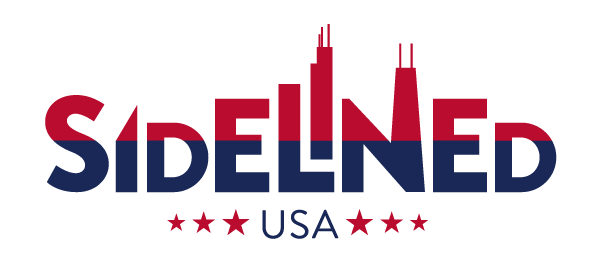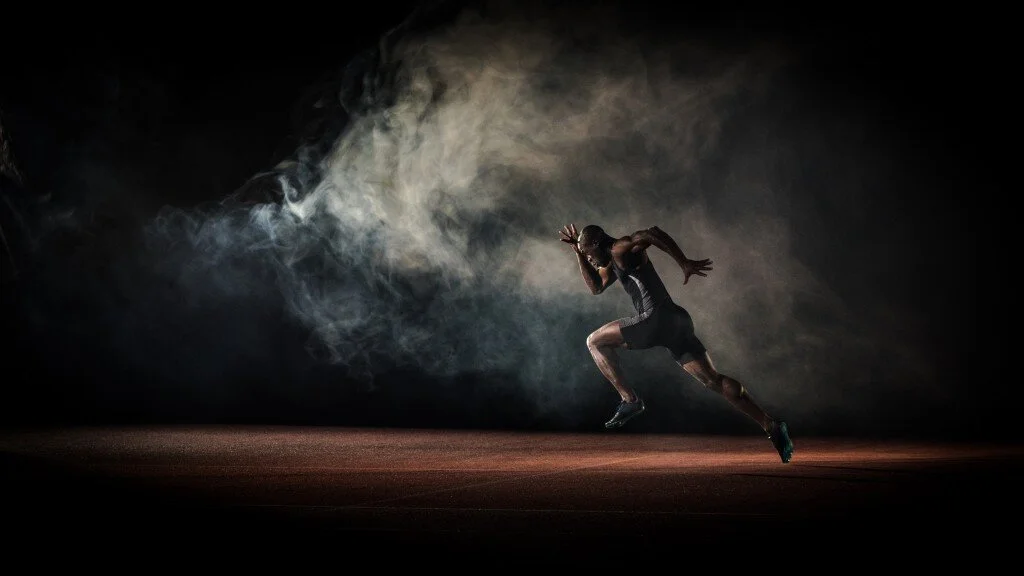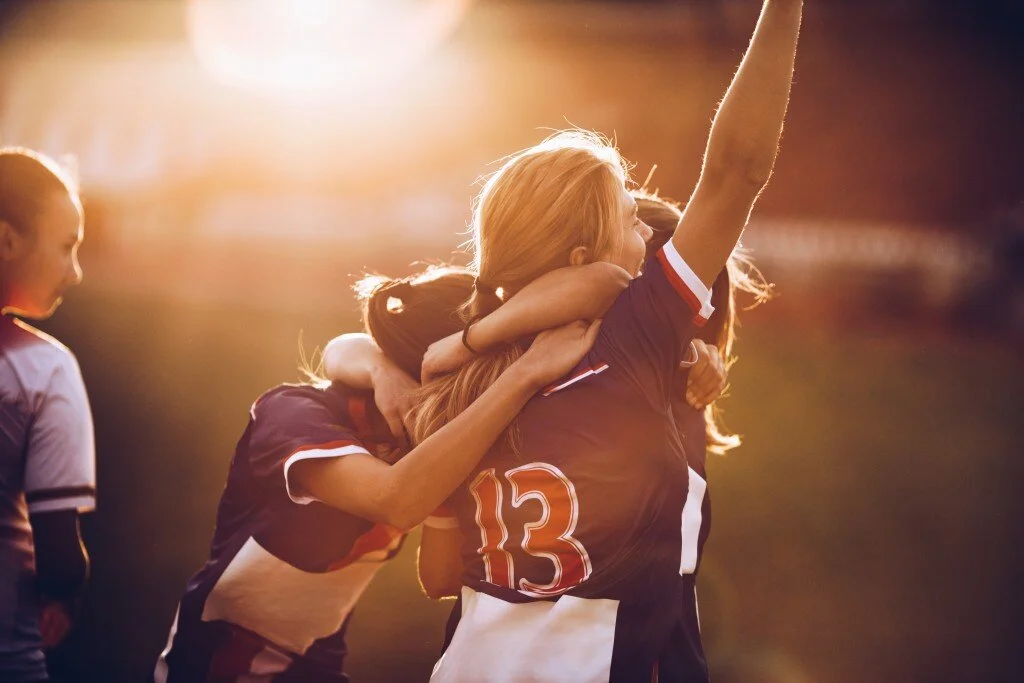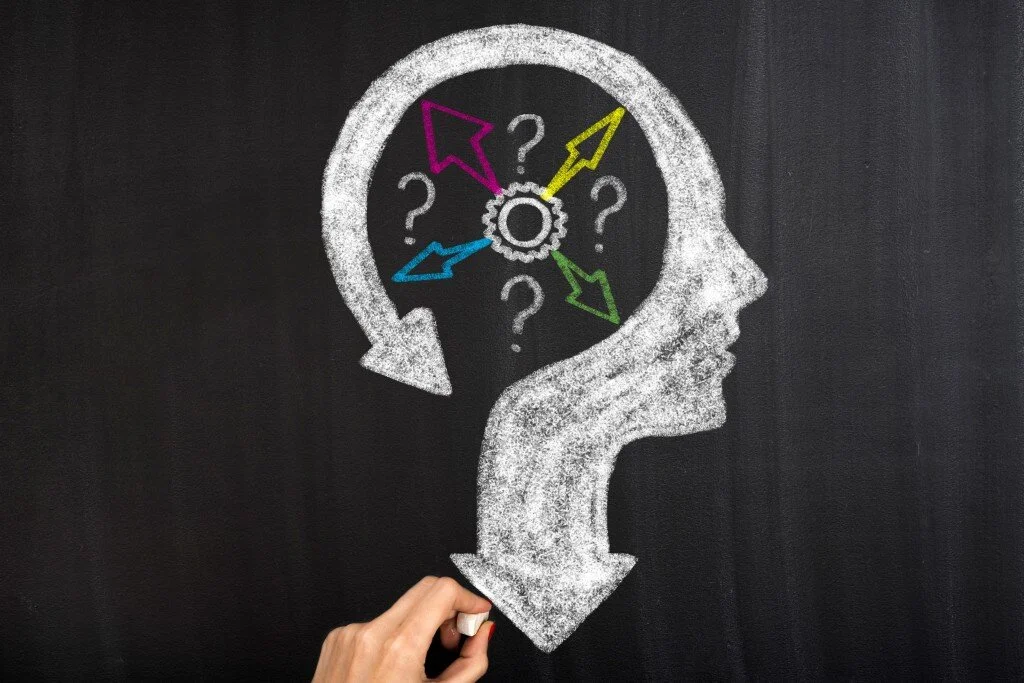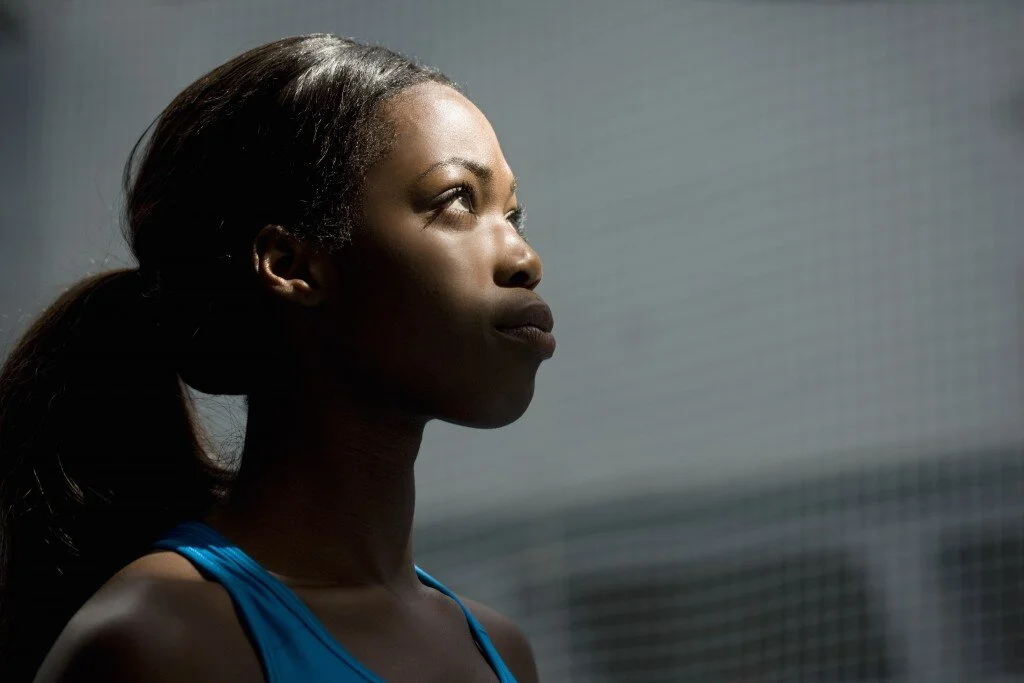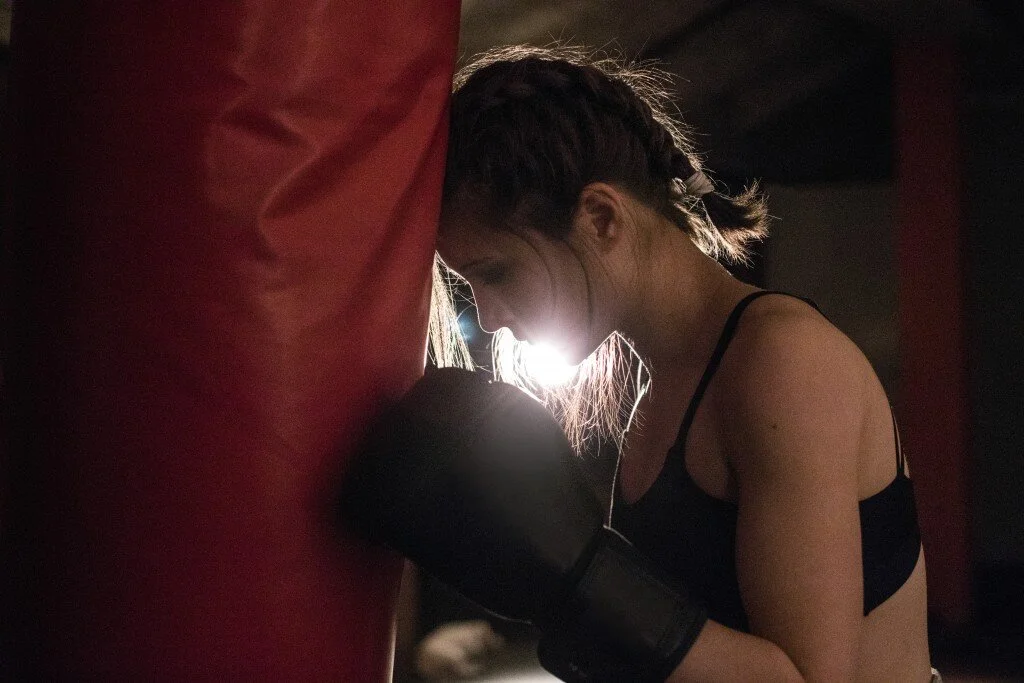As a child, you never expect your biggest dreams to come to an end so suddenly. As an athlete, you hope that you’re able to control your own destiny. Unfortunately, the reality is that for many of us, these hopes and expectations take a U-turn when we’re least expecting it, and force our hand in life a bit earlier than we had planned for.
Grasping the reality of an early end to your athletic career is certainly a tough pill to swallow.
For some it may be all they have ever known and loved.
Read More